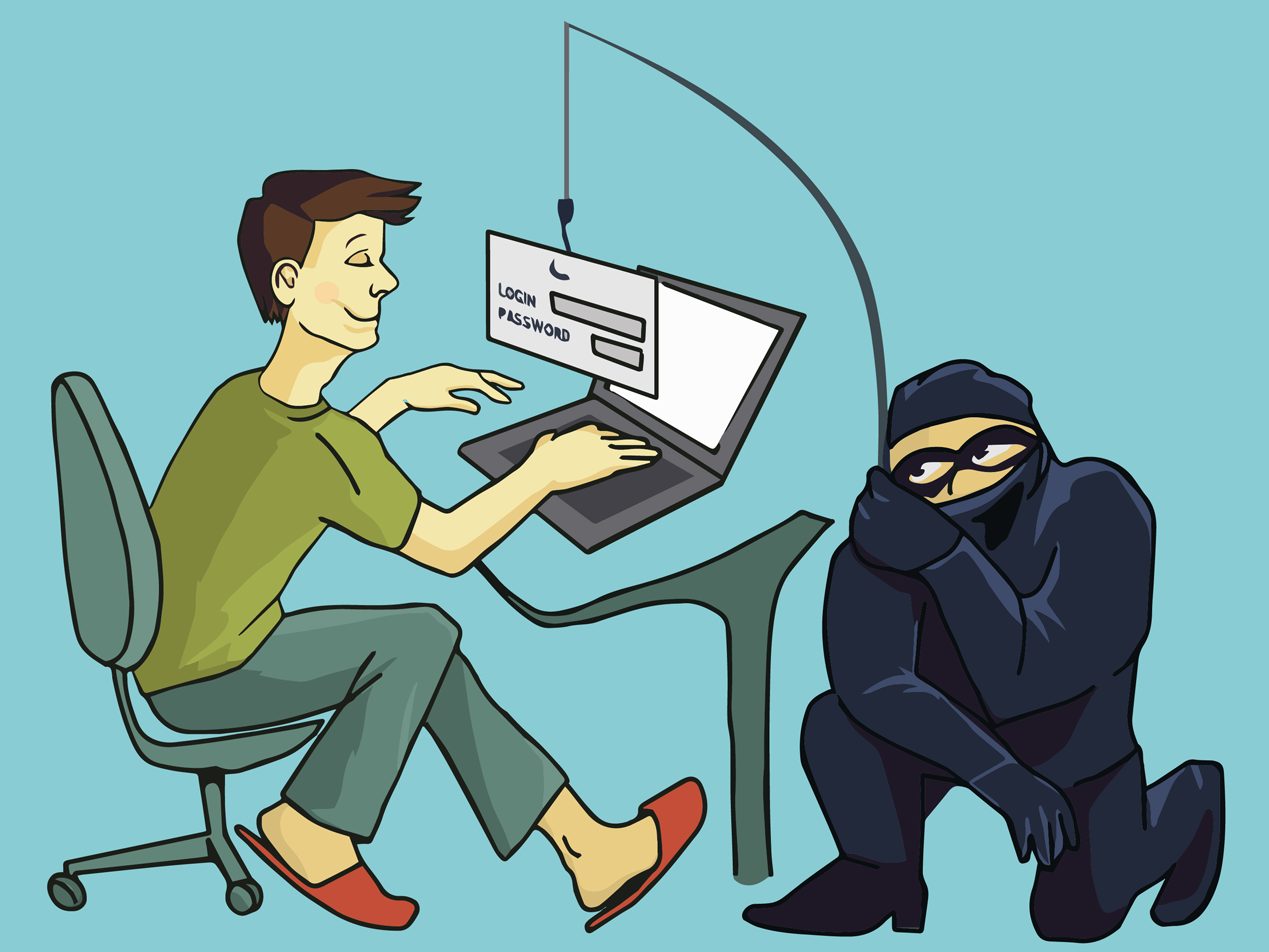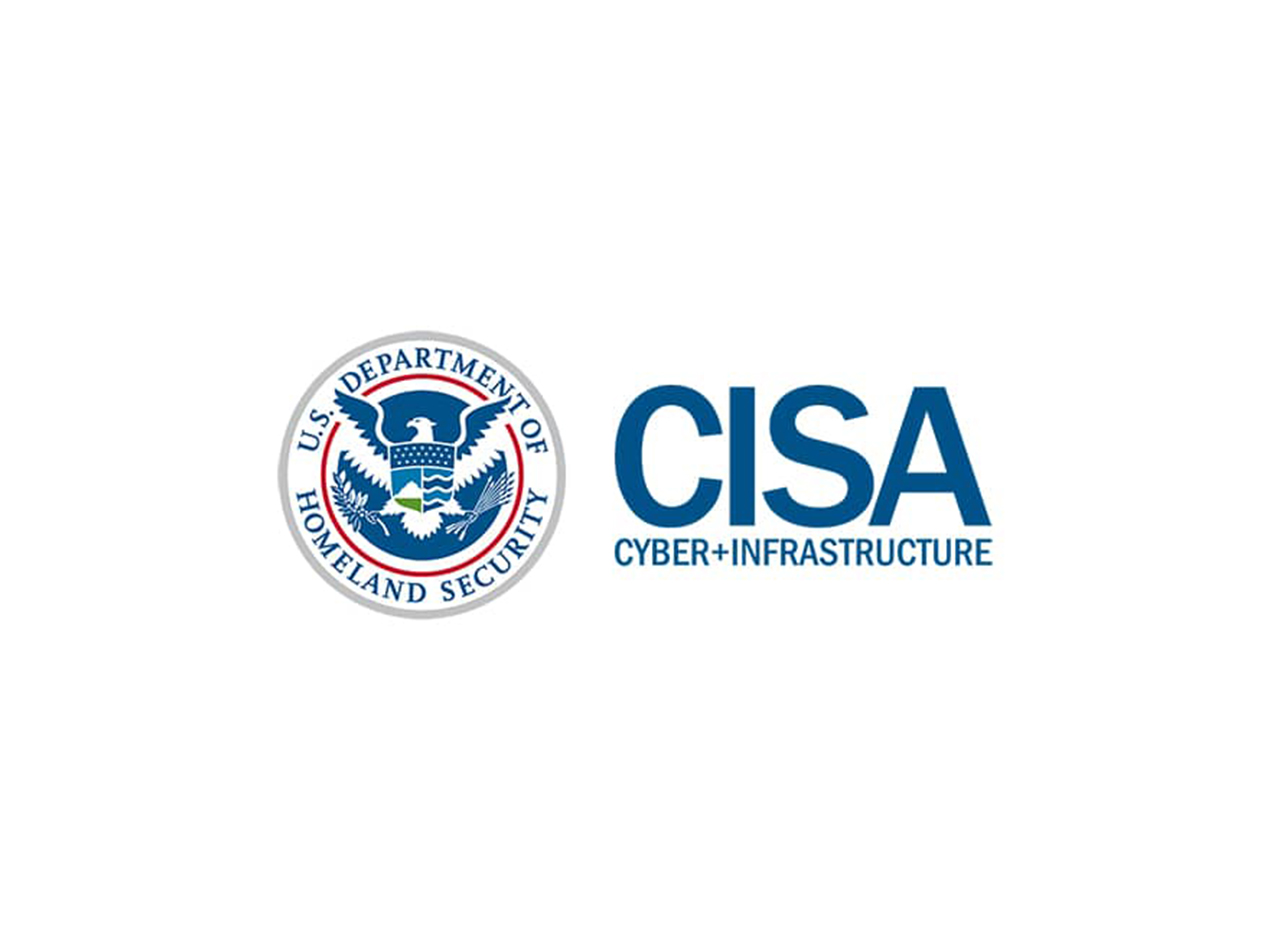1 min read
Enjoy Black Friday and Cyber Monday but keep employees vigilant
Rick Kuwahara November 27, 2019

Black Friday and Cyber Monday launch the holiday shopping season. According to a recent TransUnion survey, the vast majority of shoppers (71%) intend to spend more or the same amount on holiday shopping this year as 2018. In fact, more than 75% of consumers will do at least half of their shopping online.
According to Forbes, $6.2 billion was spent on online Black Friday sales alone last year. But while you may be excited for incredible sales and deals, cyber criminals are probably even more excited. This season represents what CNBC calls a “cybersecurity minefield.”
The Cybersecurity and Infrastructure Security Agency, a relatively new division of the Department of Homeland Security, “encourages users to be aware of potential holiday scams and malicious cyber campaigns, particularly when browsing or shopping online.”
Who could this effect?
Everyone who shops online puts themselves at risk, particularly during the holiday season. The increase in malware and malicious links leaves much room for fraud or even stolen accounts and/or identity.
What people are probably unaware of, however, is how easily they put others at-risk, depending on where and how they access the Internet. Clicking on what seems like a great Black Friday deal sent to a work email, for example, leaves an employee and their coworkers as well as a company and its customers in danger of a cyber attack. A lasting domino effect.
How can you avoid such a disaster?
Holiday shopping is just another reason why a solid cybersecurity strategy with strong email encryption is essential. Educate yourself and your employees on remaining vigilant at all times.
Always diversify your passwords. Be cautious when clicking on email links and opening attachments from retailers, avoid pop-ups and ads, never store your payment information online, and ensure that autocomplete/autofill are deactivated on your browser. And particularly during the holidays:
- Shop from a secure website and network
- Be suspicious of free or too-good-to-be-true offers
- Use a credit card instead of a debit card (for extra fraud protection)
- Be aware of e-skimmers (injected malicious code on a website to capture sensitive data)
- Monitor your personal accounts regularly
Subscribe to Paubox Weekly
Every Friday we'll bring you the most important news from Paubox. Our aim is to make you smarter, faster.



